BMW has released the first pictures of the electric M3 and promises it will "set new standards" for the performance saloon.
The images of a test mule dubbed the 'M HP BEV' reveal several key differences from the Neue Klasse 3 Series on which the car will be based. These include significantly wider wheel arches, chunkier front and rear bumpers, and significantly larger brake discs.
The car wears a similar camouflage wrap to the quad-motor, i4-based prototype that the company has previously detailed, suggesting this could be the latest development of that car.
The next-generation M3 is due to arrive in showrooms by early 2028, and although BMW is drawing attention to the development of the EV, it will also be available with a turbocharged straight-six petrol engine.
It is being engineered for both powertrains in a bid to maximise its appeal and in line with BMW’s ongoing commitment to combustion power. The current car’s ‘S58’ twin-turbo 3.0-litre straight six has been made compliant with upcoming emissions regulations, meaning the petrol M3 can – for as long as customer demand dictates – remain on sale alongside the all-new electric version, which will be based on BMW’s Neue Klasse platform.
In a wide-reaching interview with Autocar, BMW M CEO Frank van Meel previously laid bare his priorities and plans for the electrification of the performance division. At the centre of those plans is the new generation of its storied sports saloon - overhauled from the ground up to take the fight to EV and ICE rivals including the Mercedes-AMG C63, Porsche Taycan and Hyundai Ioniq 5 N.
Asked if the electric and ICE M3s will wear different badges, van Meel said: “Do we need to set them apart? An M3 is a promise, not an engine.” That strongly suggests that electric car will not adopt the iM3 moniker, despite BMW having trademarked it.
The EV version will be derived from the next-generation 3 Series, due on sale from next year, while the ICE car is likely to be a heavily updated version of today’s G80-generation M3, with Neue Klasse design influence.
“We’re also working on the newest emission regulations on combustion engines. We’re planning to keep up our combustion cars as well,” said van Meel, who is adamant that the M3 will retain its signature pace and dynamic agility, irrespective of powertrain.
He conceded that the first generation of BMW’s electric performance cars will be heavier than their combustion forebears, because customers want their EVs to have a usable range and that – until solid-state packs arrive – means big, weighty batteries.
However, he suggested that with the proliferation of public EV chargers comes the ability to install smaller battery packs and thus reduce weight - important for sports cars, particularly.
“It’s the hen and egg principle,” he told Autocar. “The way I see it in the end is it’s going to be all-electric.

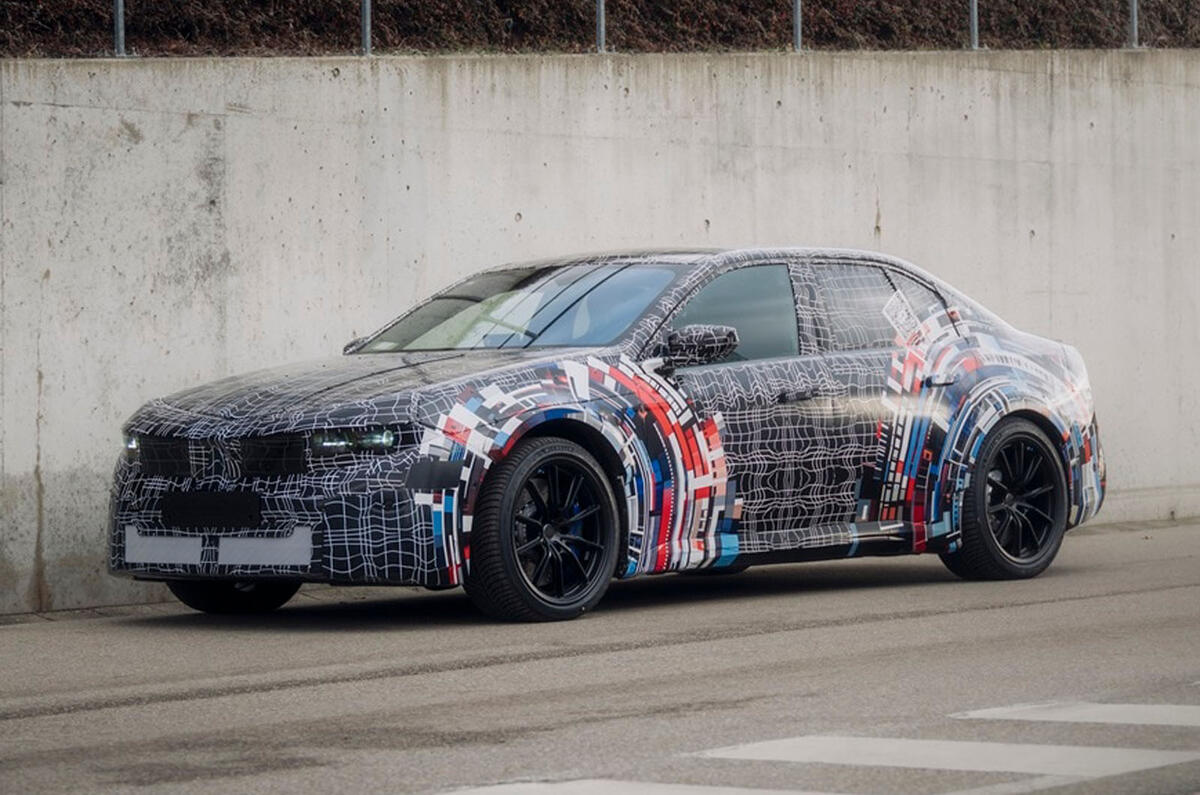
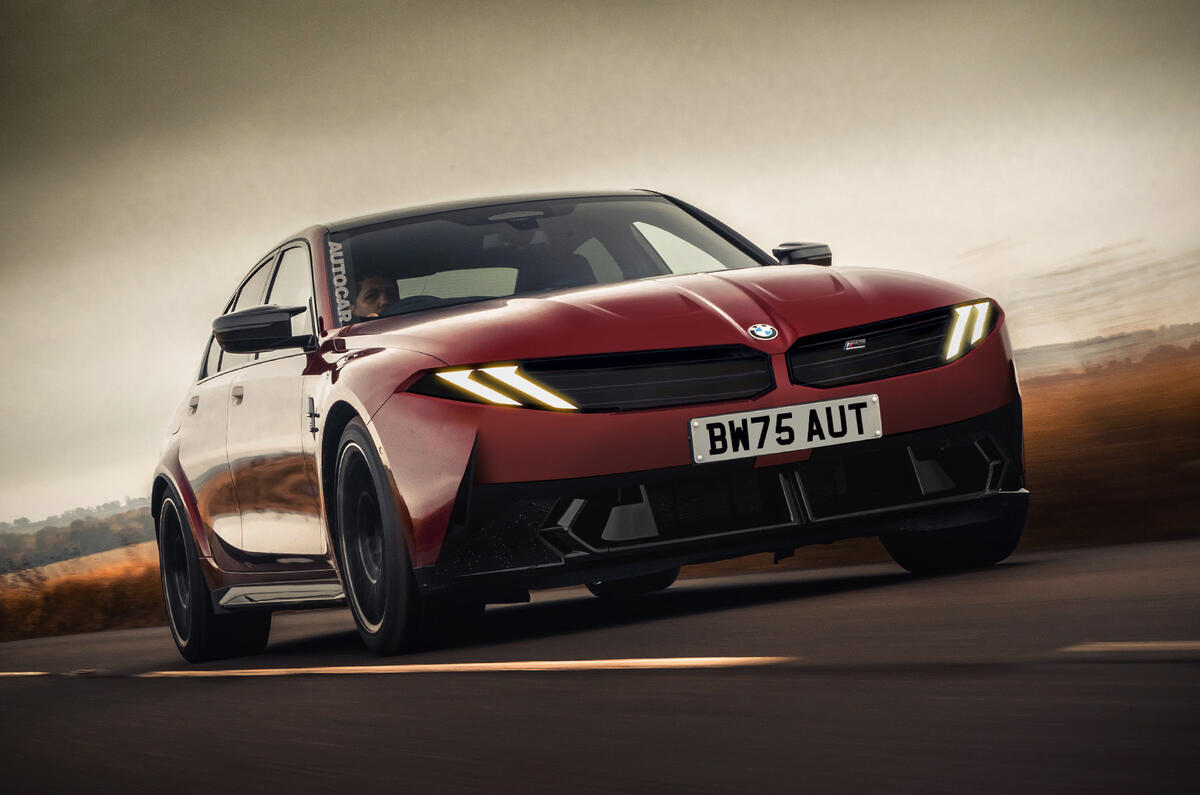
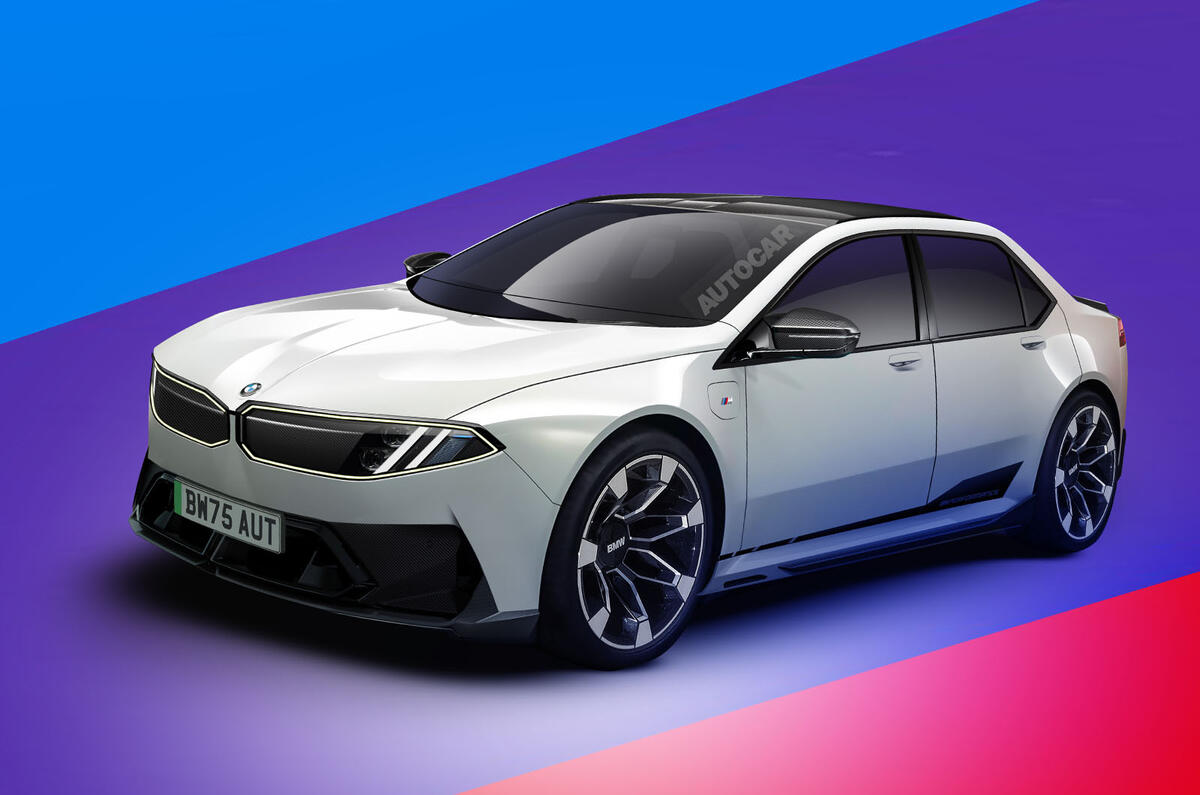
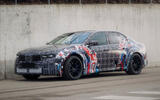
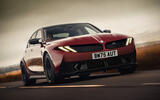
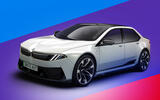

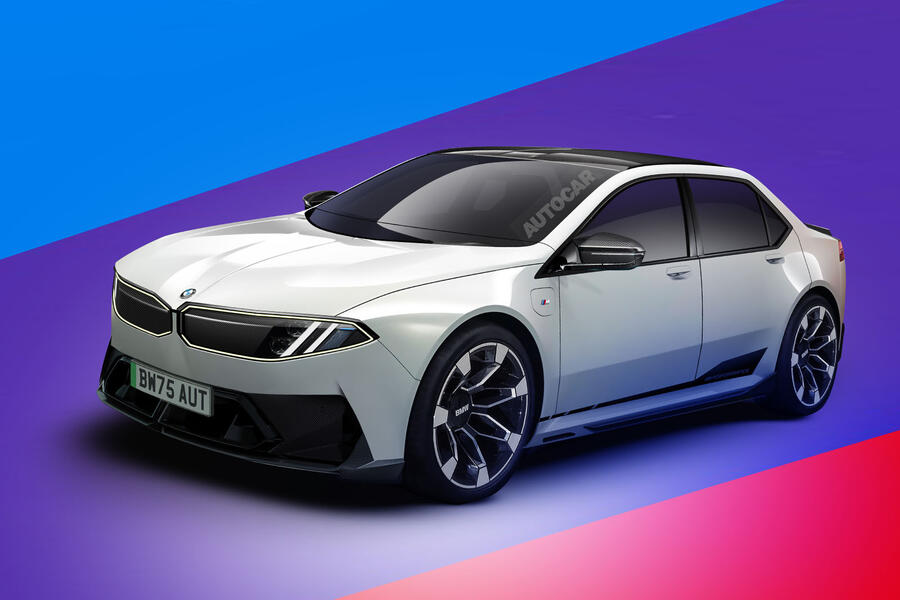
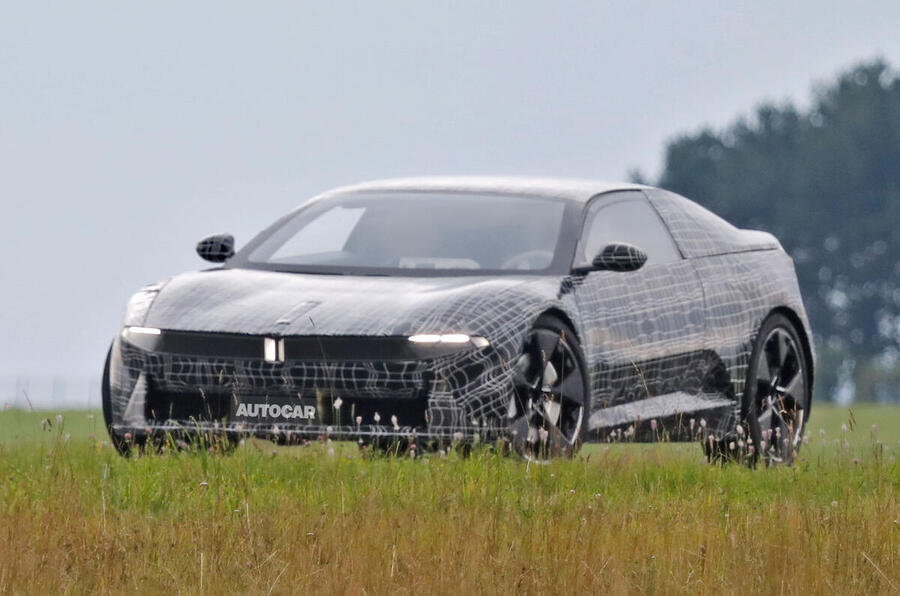





Join the debate
Add your comment
If it hasn't got a proper engine, it's not an M3, even if you try and put a badge on it saying so. This will just be another car with motors and a battery, like all the others, with barely anything to distinguish it from any other BEV. It will be way more expensive though, that's for sure.
The M3 is so much more than "broom broom" noises. The speed, the handling, the balance, the styling are the M3.
An electric M3 will be amazing. Yes you don't get the noise (if you like that), but everything will be better than the combustion one.
It sounds great, but 2028 is so late. Why is it taking so long? And why bother launching a combustion version in the late 2020's? It will seem like a steam engine by then.
Why would you want an EV version when you'll still be able to buy an ICE version?
Because the EV version will be faster, better to drive, easier to live with, cheaper to run.. Why would you want a petrol one?
Thats a big piece of assumption Pie your eating, besides, it was said they'd still make an ICE version as long as the demand was there.
Oh please. Another company throwing decades of refinement and heritage down the toilet. The M3 WAS the engine - take that away and you're looking at a shell with no soul, like every other BEV.
The M3 is so much more than "broom broom" noises. The speed, the handling, the balance, the styling are the M3.
an electric M3 will be amazing. Yes you don't get the noise (if you like that), but everything will be better than the combustion one.
I moved away from BMW because they didn't make a good EV.. this might bring me back.